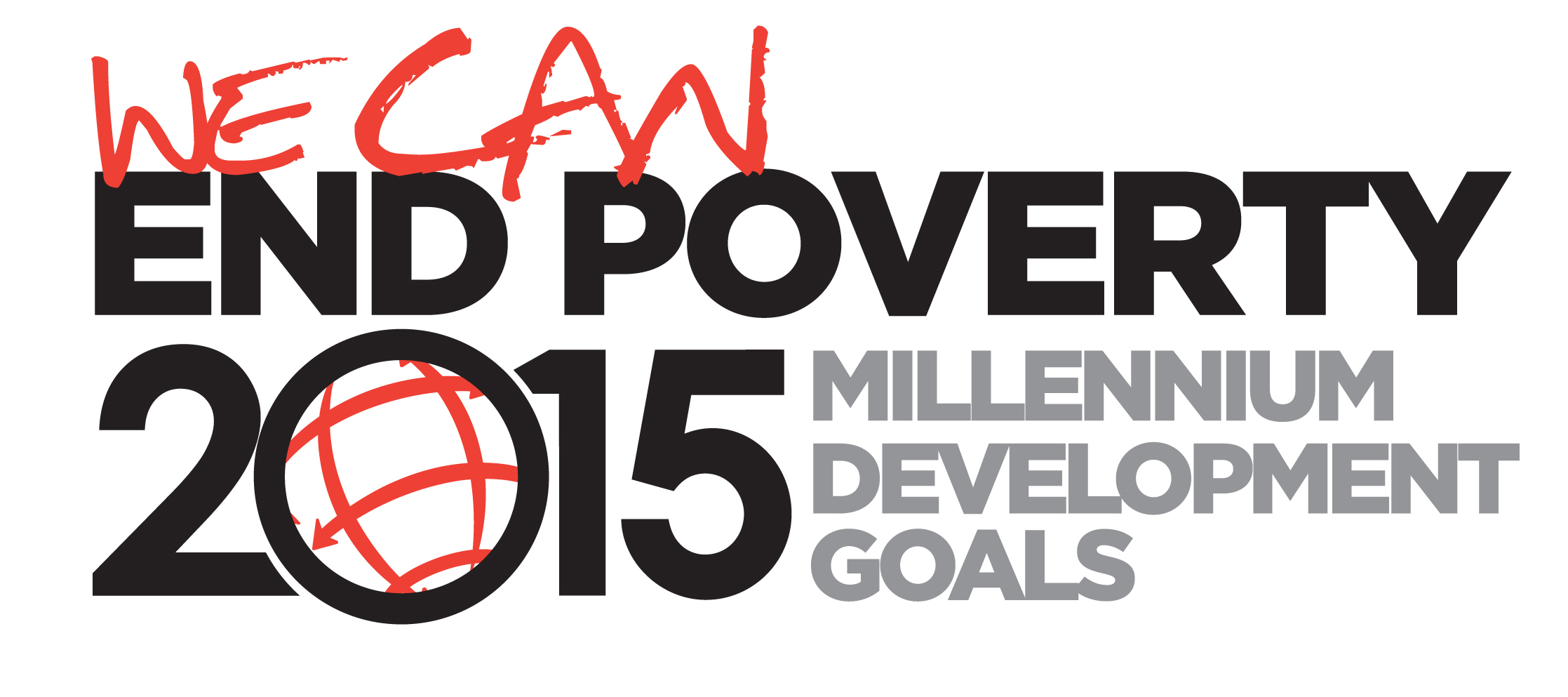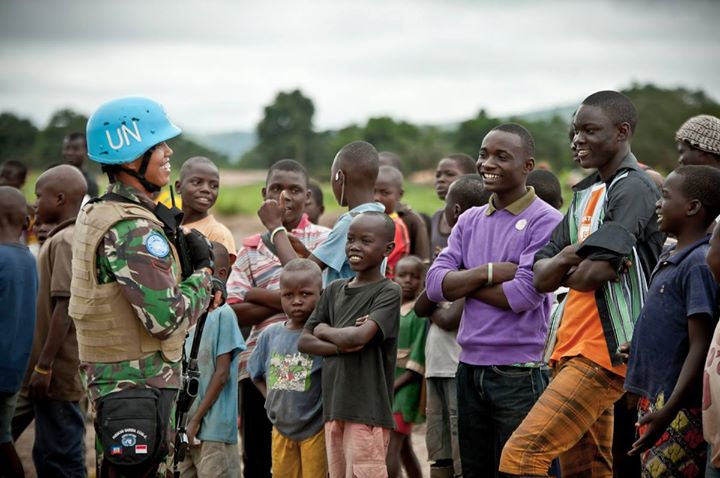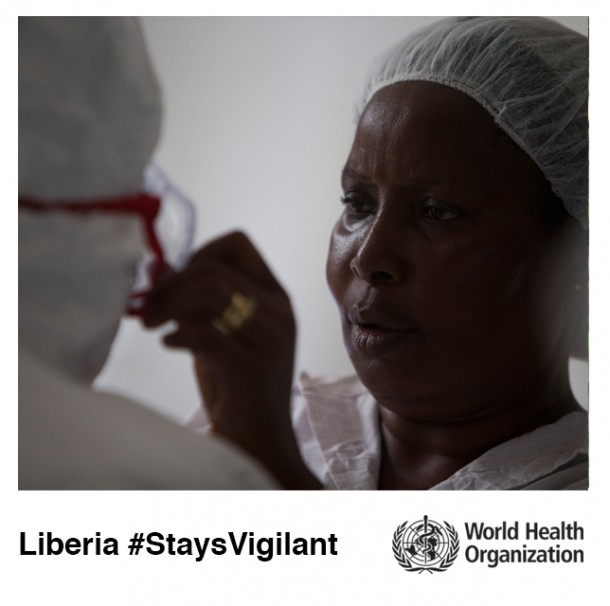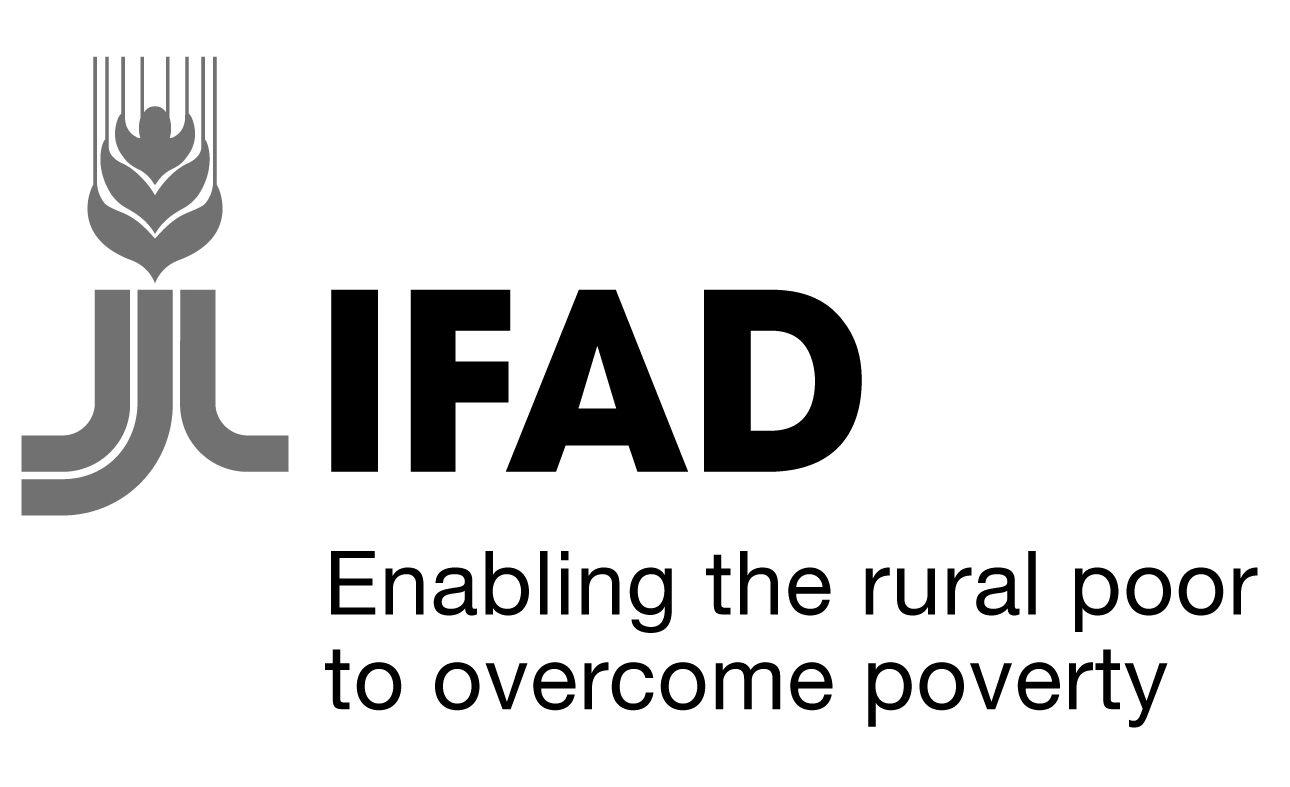CHARITY BREAKING NEWS
Security in Central African Republic improves
5 August 2015 – Political progress combined with the deployment of United Nations peacekeepers in nearly 40 localities have contributed to the improvement of the overall security situation in Central African Republic (CAR), which nonetheless remains precarious, the top UN envoy in the country told the Security Council today.
Senior UN official outlines steps taken in response to Central African Republic abuse allegations
While the fight against Ebola continues, there is good news that global efforts to stop the outbreak are producing results: On Saturday, May 9, the Ebola outbreak in Liberia officially ended.
That’s because it’s been 42 days (twice as long as the incubation period for Ebola infections) with no new cases since the last person confirmed to have Ebola in Liberia was safely buried.
Liberia’s Ebola outbreak began in late March 2014 and infected over 10,000 people, with more than 4,500 people dying from the disease.
Experts say that the progress in ending Ebola transmission in Liberia is largely due to effective community engagement, government leadership, good partner coordination, and support from donors.
This is an important moment, but it’s not the end of the fight against Ebola. The World Health Organization has emphasized that Liberia and the global community must remain vigilant to keep the country at zero new cases and to end the outbreak in Sierra Leone and Guinea.
IFAD is the United Nations agency dedicated to eradicating hunger and poverty
in the rural areas of developing countries. Through low-interest loans and grants,
IFAD develops and finances program and projects that enable poor rural people
to overcome poverty themselves. IFAD focuses on the poorest and most marginalized
small farmers: poor rural women, rural landless people, nomadic pastoralists,
artisanal fishers and indigenous peoples. Working with national governments, IFAD
helps poor rural people increase their food production, raise their incomes and
improve their living conditions, sustainably, without diminishing their natural resource
base. IFAD tackles poverty not only as a lender but also as an advocate for poor
rural people. Its multilateral orientation provides a global platform for discussing
important policy issues and increasing awareness of the importance of agriculture
and rural development to meeting the Millennium Development Goals.
From 1978 to 2006, IFAD invested US$9.5 billion in 732 program and
projects worth more than US$25 billion, with co financing from partner institutions.
These investments helped more than 300 million poor rural people take steps
to improve their lives.












